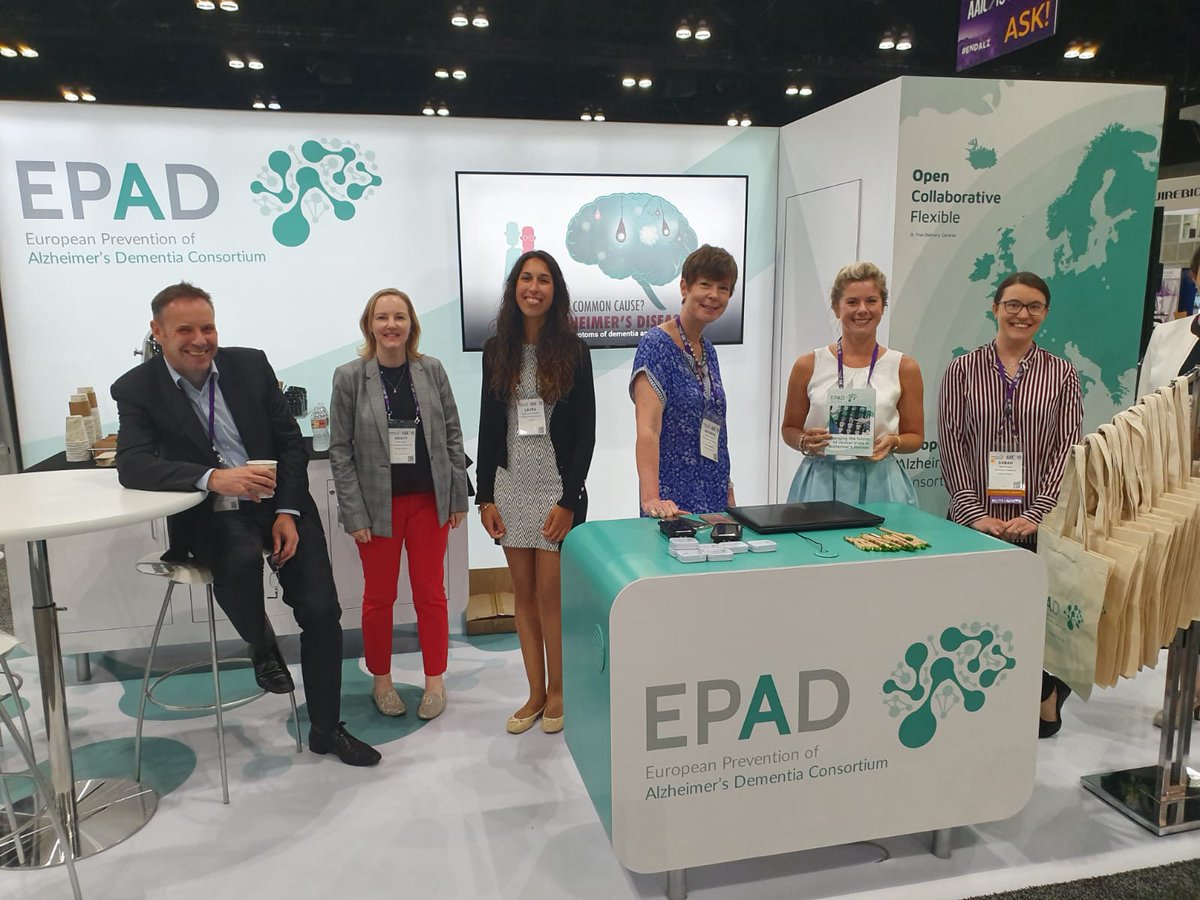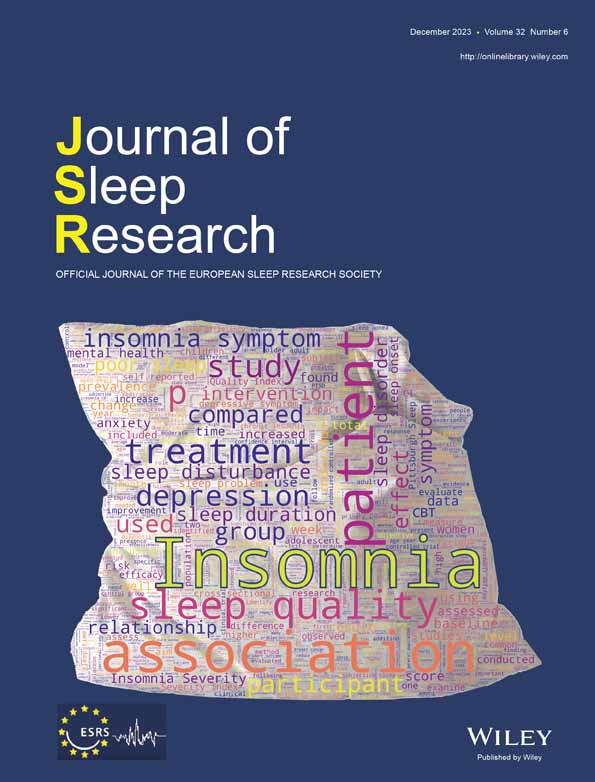
Members of the EPAD team attended the Alzheimer’s Association International Conference (AAIC) held on 14-18 July. They travelled to Los Angeles (US) from across Europe for the biggest event in dementia research.
The event featured a number of key symposia, focused topic sessions and poster presentations and highlighted significant progress, results and theories that will help bring the world closer to breakthroughs in dementia science. The five-day scientific conference brought together nearly 6,000 leaders in dementia research including academics, clinical researchers, clinicians, investigators and the care research community.
This is the second year that we exhibited the EPAD studies with our EPAD branded green and white booth in the exhibition area. We are delighted that more than 350 people stopped by at the EPAD booth to learn more about the project and discuss further topics such as the EPAD data access process, the Longitudinal Cohort Study (LCS) set up and, of course, the Proof of Concept (PoC) study. It was also a great opportunity to meet many current and future EPAD collaborators.
“It was as a real pleasure to attend AAIC in Los Angeles. It was my first AAIC and I really enjoyed the whole experience. Our booth was popular and it was great to be able to chat with so many attendees about the work we do in EPAD and establish new connections.” – Natalia Reglinska-Matveyev
EPAD also had a business suite at the exhibition area where many engaging meetings with potential interventional owners and other world experts on Alzheimer’s disease prevention took place. Altogether, the conversations we had at the booth and the business suite generated a rich exchange of ideas and we are excited that various collaborations are being considered.
“It was great to return to AAIC 2019 after the success of last year’s booth. This year we had even more visitors to the EPAD booth, with increases in both industry and academics. Many of the people I spoke with came to the booth as they had heard about the work EPAD was doing and wanted to find out more about how they could get involved. Hot topics once again included data access, and I’m looking forward to seeing what questions the EPAD data is going to be able to help the scientific community answer.” – Sarah Gregory
At AAIC 2019, the aim of the EPAD booth was twofold. Our first aim was to showcase the EPAD PoC trial platform and engage the pharma and biotech industry. To support this a new high quality animated video was created to highlight the key benefits of the EPAD approach to develop drugs for Alzheimer’s disease (you can watch it here). Our second aim was to show all the benefits that EPAD has to offer to the scientific community. In order to do so, the EPAD booth included an interactive screen on which attendees could browse their topics of interest including the LCS and PoC studies, the EPAD Academy, the data access process and upcoming data batches, disease modelling, the statistical study design and interviews and testimonials of many EPADistas and collaborators.
“AAIC was a fantastic opportunity to show to the AD world what EPAD has done in the last 4,5 years. After reading the name of the project, many people came to the booth asking what we had in mind to prevent Alzheimer´s dementia. Their reaction was often a “Wow”. – Laura Carrera Carballés.
Additionally, we are glad that the EPAD team had two oral presentations at AAIC on different aspects of the project. Both generated a great deal of interest from researchers outside the project:
- “Associations between Multimorbidity and CSF Amyloid: Cross-Sectional Analysis of the European Prevention of Alzheimer’s Dementia (EPAD) Cohort” from Lucy Stirland (UEDIN)
- “Prescreening for European Prevention of Alzheimer Dementia (EPAD) Trial-Ready Cohort: Impact of AD risk factors and recruitment settings” from Lisa Vermunt (VUmc).
AAIC enabled the EPAD team to network and catch up with a lot of our colleagues and AAIC attendees. We would like to thank all the EPAD members who made this possible. We are very proud of the dedicated people working in our consortium spanning public and private sector organisations across Europe.
“Introducing EPAD to new people was very enjoyable; they are astonished by our vast network of sites and the sheer volume of data & samples we collect under the LCS. Many people specifically came to the EPAD booth to ask how they could access our data. We are looking forward to November to see how many data access request we receive once version V500.0 is released to external researchers. Everyday Craig and Kristy had positive meetings with potential, known and new Intervention Owners. The EPAD booth, our networking at the Universal Studio’s and throughout the conference was a real team effort which I have no doubt will bare autumn fruits.” – Emilie Delpon
Pictured: The EPAD team at the AAIC booth – From left to right, Craig Ritchie (UEDIN), Kristy Draper (UEDIN), Laura Carrera Carballés (Janssen), Kathryn Carruthers (UEDIN), Natalia Reglinska-Matveyev (UEDIN), Sarah Gregory (UEDIN) and Emilie Delpon (UEDIN).







